Employee Rewards vs Employee Benefits
What is the difference between a business benefit and a business reward? How do we define the two and are there marked identifiers that set them apart? Let’s explore the key factors of each and why they are both important for your business in their own right.
What’s the Difference
Starting with the obvious question: what’s the difference between employee rewards and employee benefits?
It’s important to note that there are definite similarities between the two, and some businesses will even swap or interchange what they call each.
Our distinction comes from what each one provides to the employee. Our belief is that employee benefits should come as standard with the role, while rewards are more of an adhoc addition to what your business offers.
As an example: a benefit might be a statutory bonus at the end of the financial year given as a percentage of company profit; while an employee reward might be a £100 gift card given for someone who has excelled in their role and is deserving of a gift.
Employee Benefits
Employee benefits are a hugely important factor in staff retention and acquisition. In recent years, employees have overwhelmingly began noting these when looking for new jobs and use it as a marker of how positive a working environment is and how much they would like to work there.
On the whole, employee benefits are provided to all employees of the business. Benefits are usually a straightforward added bonus on top of basic salary, or something that is unique to the company’s working day.
The typical benefits package is usually made up of pension, bonus, life assurance and occasionally stocks and shares in the business. While flexible and hybrid working is the norm in the wake of the COVID-19 pandemic, this might also be reflected in a business’ benefits offering, as will office perks such as entertainment (pool and ping pong tables), luxury coffee machines, cereal bars etc.
Benefits are crucial for a business as they show the lengths that they will go to in order to make all employees more comfortable in their workplace as standard. They set a tone for how generous and thoughtful a business might be and are extremely important.
The downside of business benefits is where the line is drawn. For example, in the UK there is a standard statutory workplace pension for full-time employees. Businesses must provide this by law, yet many will include it within the benefits section of a job ad.
The same goes for creating a fun office environment. Having a fun and agile environment is beneficial in place of cubicles and separation; however, many people now expect properly implemented hybrid or remote working. Forced time in the office might not be viewed as a benefit for some.
When reviewing employee benefits it’s important to try and offer more. Don’t just settle for government mandated additions and don’t try and disguise them. Review the competition, see what they offer and where you don’t match them and look to make proper implementations.
Employee Rewards
Employee rewards differ slightly from employee benefits. As the name would suggest, they are generally given in relation to an event or in praise of someone. While business benefits can be viewed as standard and are often expected by employees, rewards are an added bonus that have the potential to go a long way.
On a daily basis, people won’t tend to think about life assurance or their pension. Benefits may go unnoticed, even if they are appreciated. Employee rewards are where you can make a statement and pleasantly surprise your people.
Most employee rewards are given to an entire team. Typically they will be a way of saying thanks after a challenging period, or just a way of increasing morale on a spontaneous basis. They may also be given individually and can be as part of an employee of the month programme or a simple thank you for a job well done.
When thinking of employee rewards, it is important to think of what your team actually wants and needs. It’s less about thinking of gender, age and other differences within the team; instead, it’s important to think of their interests and how they might spend their time outside of work. Is a reward really rewarding if it must be used in the office?
This is the ethos we take when partnering with businesses for our corporate rewards platform.
How Mór Rewards
Mór is built to offer employees rewards that they will actually want to use. We’re all about promoting a healthy work-life balance.
We handpick and curate our vendors to ensure we provide our members and users with a platform that’s brimming with exciting and useful experiences.
Whether it’s perks and discounts, sustainability resources, maternity and fertility support or outdoor experiences, Mór has your people covered.

